Breaking into data science in 2025 is more competitive than ever. With AI-driven tools reshaping how companies operate, recruiters are looking for candidates who can combine technical expertise with business insight. If you’re preparing for a data science interview, knowing what questions to expect can make all the difference.
This guide reveals the most common and trending data science interview questions asked by top companies. From technical coding tests to real-world case studies. Let’s dive in.
1. Technical and Programming Questions
Expect questions testing your Python, SQL, and statistics knowledge.
Examples:
- What’s the difference between supervised and unsupervised learning?
- Write a SQL query to find duplicate records in a table.
- How would you handle missing data in a dataset?
- Explain the bias-variance tradeoff in machine learning.
Companies love when you can justify why you choose a method, not just how you use it.
2. Statistics and Probability
A solid grasp of statistics is essential for interpreting data patterns.
Examples:
- What is p-value and why is it important?
- Explain the Central Limit Theorem.
- How do you test if two variables are correlated?
3. Machine Learning & AI Concepts
Machine learning questions now include more scenario-based problems.
Examples:
- How would you prevent overfitting in a model?
- When would you use Random Forest vs. XGBoost?
- Explain how ChatGPT or other generative AI models work at a high level.
4. Business and Case Study Questions
Employers want to know if you can turn data into decisions.
Examples:
- How would you measure the success of a marketing campaign?
- What metrics would you track for a product launch?
- How do you explain a model’s results to a non-technical audience?
5. Behavioral Questions
Soft skills matter too! Expect questions like:
- Tell me about a time you handled conflicting data results.
- Describe a project that failed i.e what did you learn?
- How do you stay updated with new data science trends?
How to Ace Your Interview
- Build a data science portfolio and show your skills on real datasets (see CodeWithFimi.com for project ideas).
- Practice live coding on platforms like LeetCode or HackerRank.
- Stay current with tools like Power BI, Tableau, TensorFlow, and BigQuery.
With preparation, practice, and confidence, you can land your dream job in data science no matter where you’re applying from.
FAQs
Focus on Python, SQL, statistics, machine learning, and real-world problem-solving.
Show practical experience through projects or internships. Recruiters value applied skills more than theory.
Yes! Many companies now ask about generative AI, ChatGPT, and LLMs as they integrate these into workflows.
Absolutely. A strong portfolio and certifications can outweigh formal degrees.
Take mock interviews, read blogs on codewithfimi.com and practice explaining your thought process clearly.

